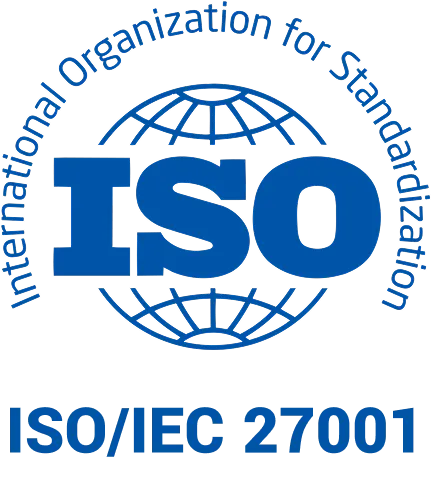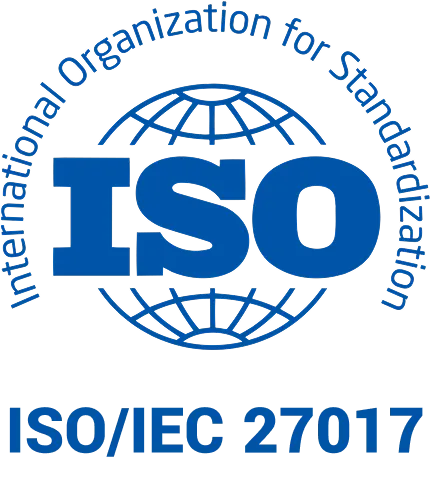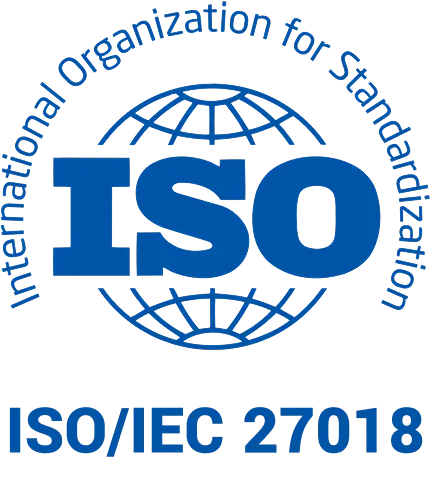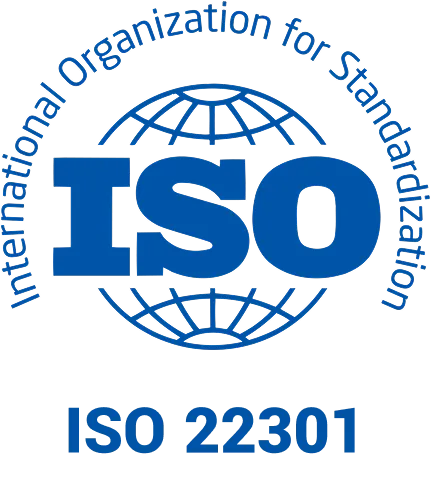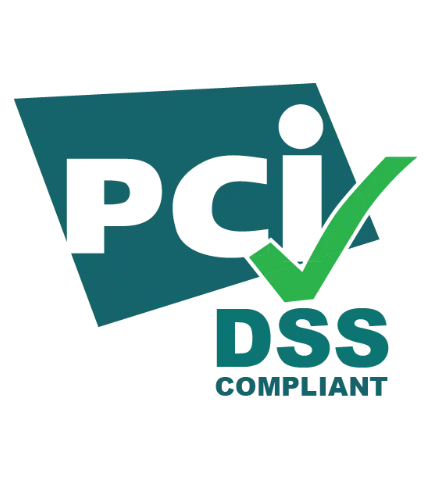
Managing work stress: 5 effective techniques for coping
Stress in the workplace has become a common issue that can affect employees' effectiveness and well-being. Managing stress helps not only in maintaining employees' mental health but also impacts the overall performance of the organization. Understanding the mechanisms of stress and responses to it is crucial in creating a healthy work environment.
Techniques for coping with stress and corporate training
Stress management training provides employees with skills and techniques for handling stress situations. Managers and employees learn how to identify sources of stress and apply practical methods for its reduction. These trainings can cover topics such as mindfulness, relaxation techniques, assertiveness, and emotion management.
Stress management training often uses interactive methods like role-playing and simulations to better prepare employees for real-life stress situations. Participants also learn how to implement healthy habits that can reduce stress's impact on their professional and personal lives, such as regular physical exercise and healthy eating. These programs may also include elements of psychotherapy to help employees understand and control their emotional responses. Additionally, employees can learn time and priority management techniques, which can significantly reduce stress related to workload. A crucial element of training is also learning about personal data protection and handling stress associated with responsibility for confidential information.
Building resilience to stress – Developing mental toughness
Mental resilience, or the ability to handle stress and emotions, is a key component of stress management. Personal development programs and workshops, as well as team-building activities, can help in developing resilience techniques. Examples of building stress resilience include breathing exercises, relaxation techniques, and stress processing strategies. It is important to remember that this is a long-term process requiring conscious effort from both employees and the organization.
Through personal development programs, employees can learn how to process negative experiences and transform them into motivating strength. Workshops may cover how to build supportive relationships in the workplace, which are essential for managing stress. Participants can also learn how to use mindfulness techniques effectively, which are proven ways to reduce tension. Training may also include stress management techniques specific to certain industries, which is especially important in high-risk stress sectors. Furthermore, these programs can cover effective teamwork, which can significantly reduce stress from group work.
Stress management training – An effective way to reduce stress levels
Corporate stress management training is an effective way to educate employees about the negative effects of stress and how to control it. Such training can be tailored to the specific needs of the organization and offer practical tools for stress management at both individual and team levels.
These trainings can also cover how to effectively handle stress in remote work environments, which have become particularly popular in recent years. Participants can learn to recognize the early signs of burnout and how to prevent its negative effects. Training may also include modules on building healthy interpersonal relationships and communication at work. Another focus is balancing work and personal life. Additionally, employees can learn how to communicate effectively with clients and colleagues to avoid misunderstandings and conflicts that can be sources of stress.
Effective techniques for coping with stress at work
Employees can benefit from various stress management techniques that can be incorporated into their daily routines. These include regular breaks, relaxation techniques such as meditation or yoga, and organizational methods that help manage time and responsibilities more effectively. It is important for employees to have the opportunity to express their concerns and feelings in a safe environment.
Employees can learn how to use stress management techniques in various situations, from daily challenges to difficult crisis scenarios. Training may cover how to respond appropriately to stress in conflict situations and how to solve problems effectively.
Reducing stress – Corporate and employee training
Organizing regular stress management training and workshops can significantly contribute to reducing stress levels in a company. These can be conducted both online and in-person, tailored to the needs and capabilities of employees. Training can cover both individual stress management techniques and ways to build healthy interpersonal relationships at work.
Summary on managing stress at work
Managing stress in the workplace is essential for ensuring a healthy and productive environment for employees. Investing in training, developing stress management skills, and promoting mental health are crucial for any organization aiming to effectively manage stress and emotions. By taking actions to reduce stress, companies can not only improve their employees' well-being but also enhance their effectiveness and efficiency at work. Implementing stress reduction practices, such as training, mindfulness workshops, or relaxation techniques, contributes to building a healthy work environment where employees feel supported and are able to achieve their professional goals.






























